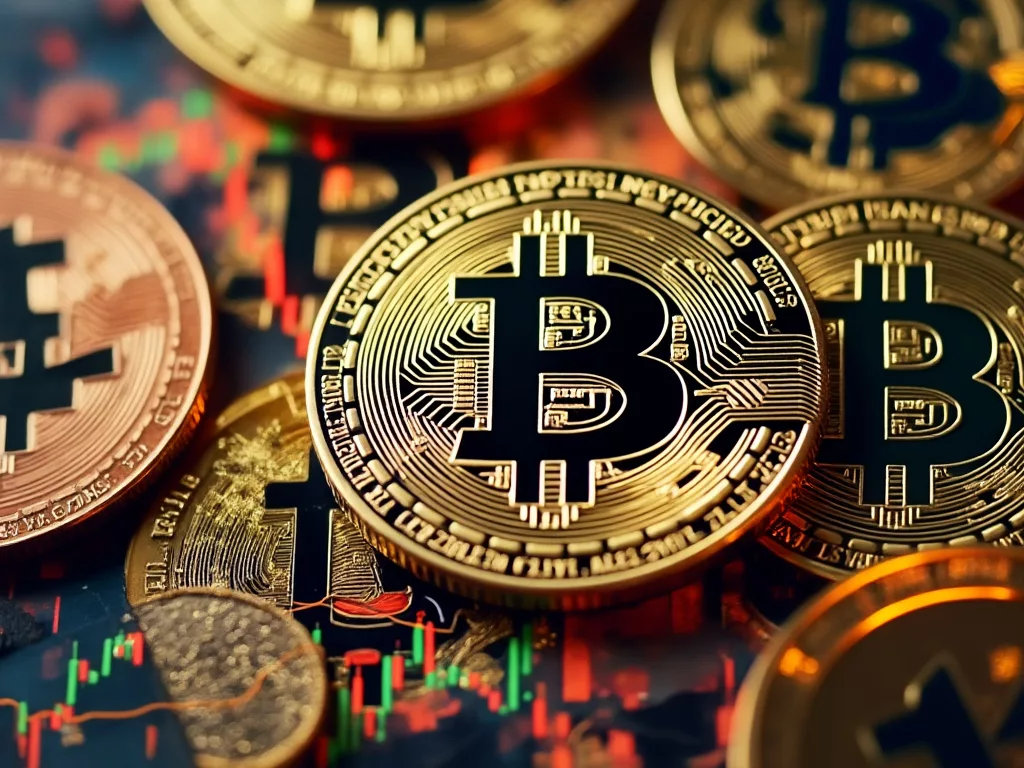
Geopolitical tensions can have far-reaching effects beyond the borders of the nations involved. The latest conflict involving Iran, Lebanon, and Israel has not only heightened military and diplomatic concerns but has also sent ripples through financial markets worldwide, with cryptocurrencies experiencing significant volatility.
Bitcoin and Crypto Markets Under PressureAs tensions in the Middle East escalate, particularly with Iran’s recent threats and actions against Israel, Bitcoin and other cryptocurrencies have seen a marked decline. Investors, traditionally viewing Bitcoin as a digital gold or a safe-haven asset, are now witnessing it behave more like traditional risk assets, plummeting in value amidst uncertainty.
Economic Implications Beyond CryptoThe conflict’s escalation has implications for global trade, particularly through potential disruptions in oil supply chains, which indirectly affects cryptocurrency markets by influencing investor confidence in economic stability.
The Role of Crypto in Conflict ZonesInterestingly, while cryptocurrencies are falling in value, their utility in conflict zones or for individuals seeking to move or protect assets during crises might see an uptick. However, this aspect is often overshadowed by the broader market movements driven by institutional investors and global sentiment.
Conclusion: A Market in FluxAs the Middle East conflict unfolds, the crypto market’s reaction underscores its sensitivity to global events, despite its decentralized nature. While Bitcoin and other cryptocurrencies were once thought to be insulated from traditional market pressures, current events prove they are not entirely decoupled from geopolitical risks. Investors and analysts alike are now recalibrating their expectations of cryptocurrencies as ‘safe-haven’ assets, at least in the context of direct military conflicts.
The situation remains fluid, with markets likely to continue experiencing volatility as long as the conflict persists or escalates. Cryptocurrency investors are advised to brace for continued uncertainty, reflecting the old adage that in times of war, even the most novel forms of currency feel the tremors of the battlefield.
Get the latest Crypto & Blockchain News in your inbox.